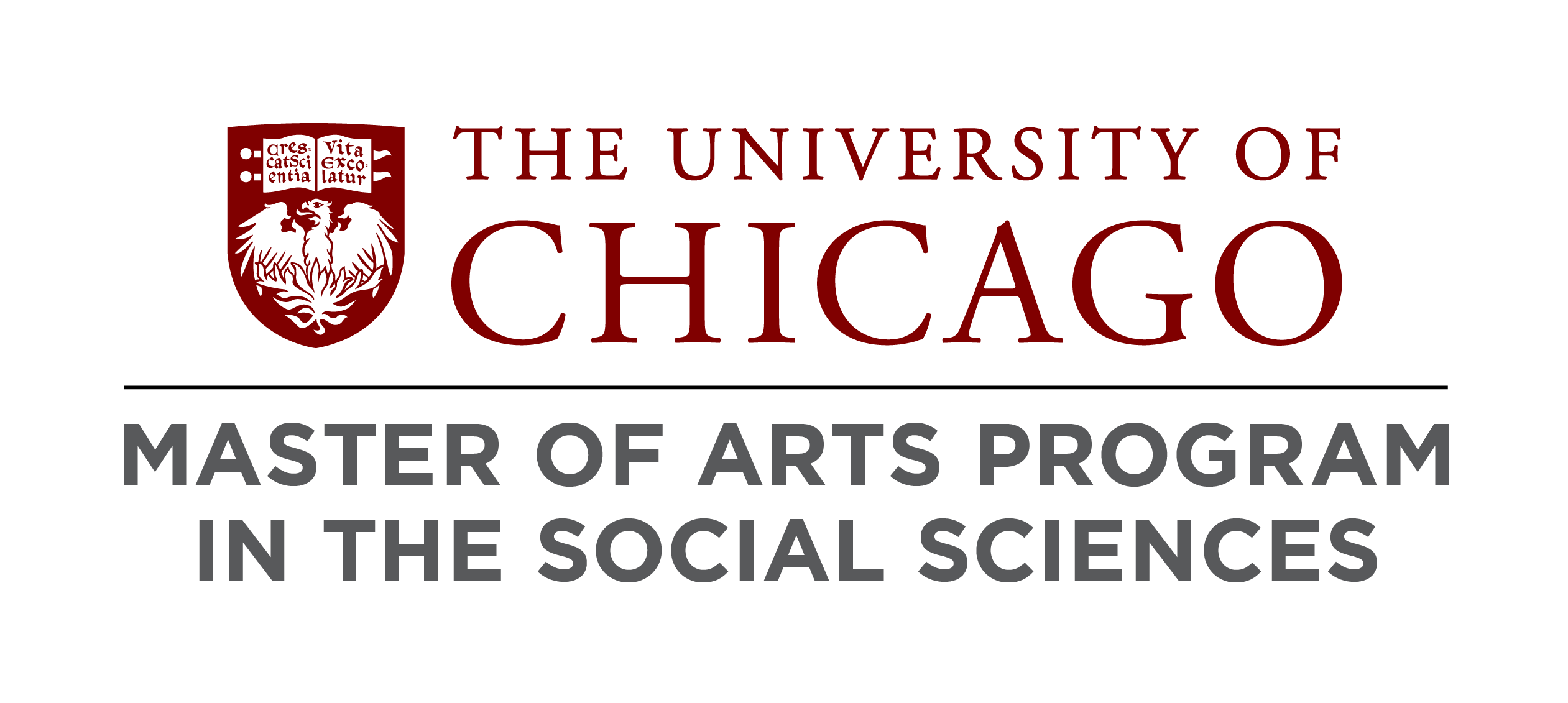
Schedule office hours here.
Jingyuan "Juan" Qian (he/him) is an Earl S. Johnson Lecturer in Political Science in MAPSS. He has a Ph.D. in Political Science from the University of Wisconsin-Madison, a Master of Public Policy from Georgetown University, and a BA in Political Science and History from Macalester College in Minnesota.
Dr. Qian is a comparative political scientist with a regional focus on China and East Asia. His research interests include statebuilding, elite and bureaucratic politics, and political violence in both historical and contemporary contexts. Central to his research is the fundamental question of political control – how political leaders effectively incentivize and maintain the compliance of the bureaucracy in executing costly and undesirable tasks for the regime.
In his book manuscript, titled Statebuilding by Campaign: Regime Consolidation and Political Control in Modern China, Dr. Qian explores the strategies employed by the Chinese regime under Mao Zedong to motivate and control subordinate bureaucrats during major political campaigns from 1949 to 1976. Through extensive archival research and quantitative analysis of historical data, the work highlights three mechanisms used by Mao to enforce loyalty and compliance among bureaucrats: providing incentives for officials with questionable backgrounds to signal their loyalty; exploiting factional divisions and cleavages among officials; and mobilizing the masses against local bureaucrats through mass participation. The study demonstrates how the central leadership, using a combination of top-down accountability, peer scrutiny and pressure, and bottom-up mobilization, enhanced its control over local cadres and compelled their implementation of coercive or unwanted policies.
In addition to his book project on the Mao era, Dr. Qian has undertaken various research projects exploring the tactics of political control and bureaucratic management in contemporary China. His recent work has been published in peer-reviewed journals including The China Quarterly and Ethnopolitics.
 THE UNIVERSITY OF CHICAGO
THE UNIVERSITY OF CHICAGO

